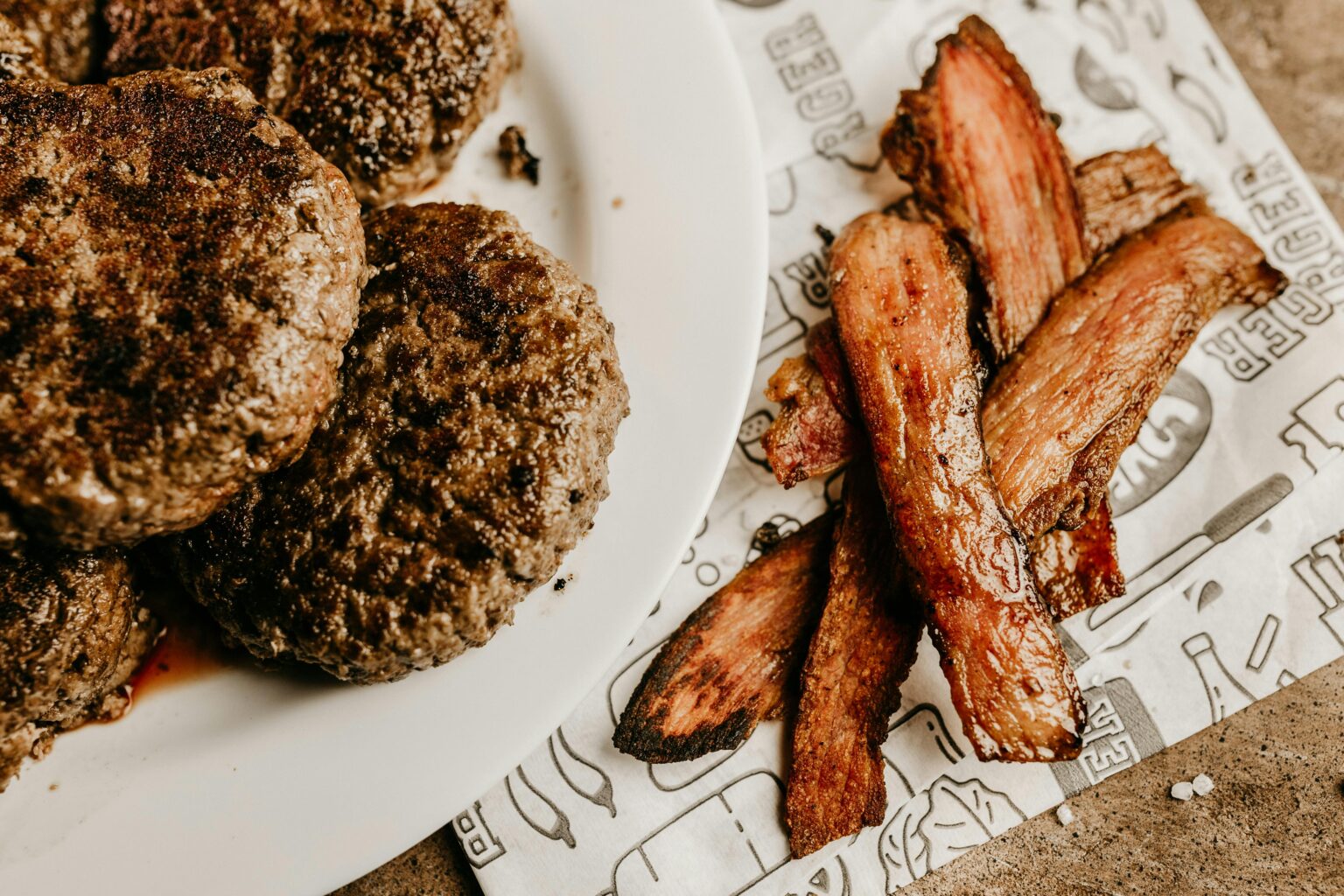Every child growing up with a Southern cook in the family probably holds dear the memory of a can of bacon grease sitting on the stove. My grandmother and mother dipped into that can to flavor eggs, fried potatoes, biscuits, cornbread, gravy, collard greens, green beans, cabbage and much more.
The Black legacy of cooking with pork bacon grease is a love story that followed us from my grandmother’s Mississippi upbringing to life in St. Louis and, later, to my parents’ home in Colorado.
“Generally, our can was the size of a coffee can. Then, it had a piece of foil over it because it was going to get used so often. It stayed, and that wasn’t just my grandmother. That was my mom’s house, my aunt’s house, the neighbors. We all knew that you kept your bacon fat,” says Deborah VanTrece, Kansas City native and Atlanta restaurateur.
Bacon Grease Legacy
VanTrece shares the same experience many African Americans have of watching our elders cook with bacon grease. Black cooks passed down the tradition as they migrated in America from the South to the North, East and West.
The Atlanta chef’s oldest memory of cooking bacon with her grandmother comes with a bit of pain. She was around five years old when she decided to remove a tray of bacon from the oven to keep it from burning.
“I got the little hand mitts and pulled the bacon out. I guess I didn’t hold it steady. The bacon grease splashed up on my arms. It hurt. Oh my God, it burned,” VanTrece recalls.
“I did not drop the tray. I did not scream. I got that bacon on the counter. I was good until I looked down at my arm, and it was blistering. That’s what made me start screaming.”
Hot bacon grease burns. That valuable lesson stayed with the CEO of VanTrece Hospitality Group as she moved into the culinary world. So did the memories of how good food seasoned with leftover bacon fat tastes.
The 2023 James Beard Award semifinalist for Best Chef: Southeast looks back at the living conditions of our enslaved African ancestors for a theory of how the practice began.
“I think it was the ingenuity of us not having much. When we got something, generally, it was a by-product. We weren’t in a place to be wasteful, so we learned to make magic with the most menial things. I think bacon fat is one of those things,” the best-selling author comments.
A New York chef, podcast contributor and food writer traces the bacon grease legacy in her family to her grandma and great-aunt. “I remember my grandma Callie and her sister, Aunt BB, cooking bacon when I was growing up. My Aunt BB was known in the family as THE cook. She always had something on the stove,” says Taffiny Elrod.
“I do remember gleaning knowledge about using bacon grease, especially to grease a cast iron pan for making cornbread.”
Elrod, known as Chef Taffy, provided recipes for “The Juneteenth Cookbook: Recipes and Activities for Kids and Families to Celebrate.” She did the 2024 cookbook with Alliah L. Agostini, author of the popular children’s book The Juneteenth Story.
By Phyllis Armstrong


